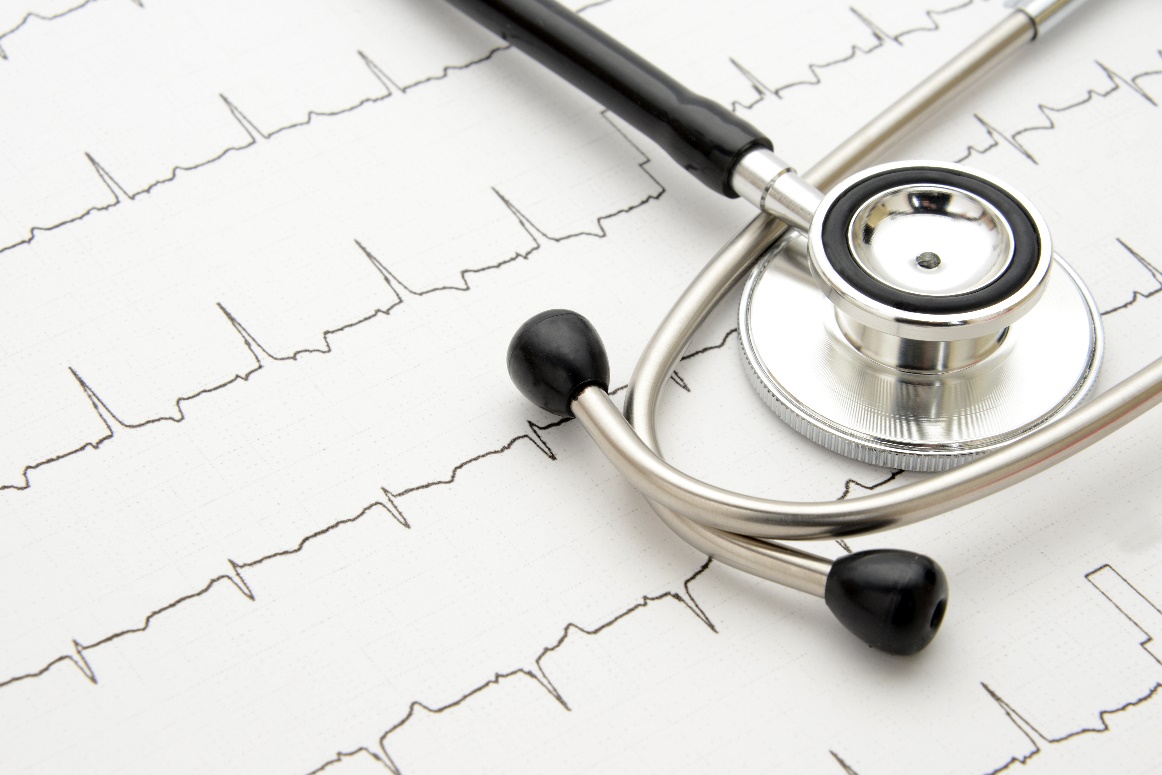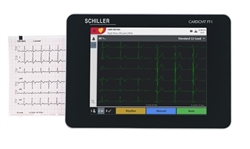What Is an EKG?
Apr 10th 2024
Signs of heart disease can be found by examining cardiac electrical activity. Using an electrocardiogram (EKG or ECG) test, a doctor can check your heart rhythm, measure blood flow to the heart muscle, detect thickened muscle walls, or identify abnormalities in potassium or calcium levels. It can even detect a heart attack and find evidence of a lack of blood flow/oxygen (ischemia). You’ll find an EKG machine in a doctor’s office, operating room, or ambulance.

How Does EKG Equipment Work?
The test equipment consists of electrodes that are attached to your body (chest, arms, and legs). These sticky pads pick up electrical signals. Each one is connected to a wire that transmits these signals to a computer monitor. The test takes just a few minutes, with results appearing as oscillating lines that represent your heartbeat.
A clinician can see the timing of activity between the top and lower chambers of your heart. ECG machines measure the impulse or wave that travels through the heart as it pumps blood. The lines that appear on the EKG monitor represent the P wave, which is the impulse that begins at the right and left atria (upper chambers of the heart). A flat line represents the period during which the electrical impulse travels to the bottom chambers. The QRS complex shows the electrical activity of the lower ventricles, while the T wave represents a return to a resting state.
When Does the EKG Show a Problem?
An ECG can measure how long it takes for an electrical wave to pass through the heart. If it is slow, fast, or irregular, your doctor will want to know why. The amount of electrical activity present provides a look at heart health too. It may indicate whether parts of the heart are overworked or enlarged.
Understanding EKG Results
The machine can determine if a heartbeat is too fast or too slow (a human heart rate ranges from 60 to 100 beats per minute). The readout also shows heart rhythm, so a doctor can see if there is an abnormal rhythm or electrical impulses are traveling out of sequence compared to normal. If conduction is poor, this can mean a heart attack or restricted blood flow. Abnormal readings can also indicate imbalanced electrolytes such as calcium or magnesium.
There are various treatments for an abnormal EKG. Depending on the cause, the patient may be prescribed medication, receive a pacemaker, or be given fluids for rehydration. In the case of a heart attack, surgery may be required.
When Should I Get an EKG?
It can be used as a screening test, but the American Heart Association doesn’t recommend getting an EKG for low-risk, asymptomatic individuals. However, if you experience signs such as chest pain, heart palpitations, rapid pulse, shortness of breath, dizziness, confusion, or unusual weakness or fatigue, you may need an EKG. In cases when an ECG monitor doesn’t show the cause, a portable ECG such as a Holter or event monitor may be used.
Purchase Low-Cost Medical Equipment Today

Medical Device Depot has made it easy to purchase PC-based, stand-alone, and other types of ECG machines as well as accessories. We also offer EKG machine/spirometer combination units and veterinary EKGs. Browse our inventory and shop online or call 877-646-3300 to speak to a representative.
